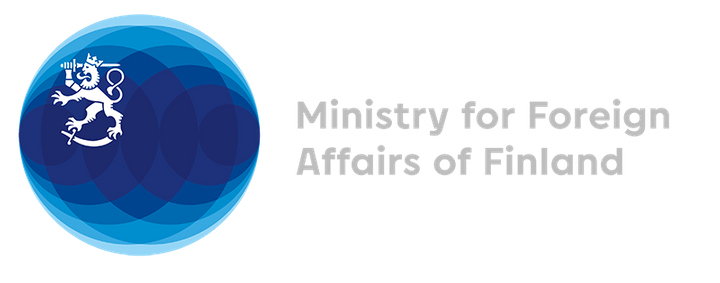Community / Land projects / F.a: Expanding women?s food sovereignty through agroecology in the province of Nampula
F.a: Expanding women?s food sovereignty through agroecology in the province of Nampula

€0
01/20 - 12/20
Completed
This project is part of
Implementing Organisations
Donors
Data Providers
General
The project will 1) organise a project start-up workshop to refine working methods and content, 2) identify 4 new women's associations as beneficiaries, 3) establish agroecological cultivation and composting model plots for teaching and exchange of experie nces in new project villages, 4) produce guides on agroecology and village saving and loan group functioning for the use of local technicians and female peasant leaders, 5) influence decision-makers by publishing articles and press releases on agroecology, food sovereignty and nutrition, 6) train 16 female champions in nutrition education, food hygiene and waste management, 7) organise intensive training for 16 female peasants for them to become champions of agroecology, 8) monitor the model plots, 9) organ ise exchanges of experience to share best practices in agroecology, 10) organise cooking demonstrations in which local crops are made use of, 11) organise nutrition fares, 12) train peasants in seed selection and reproduction, 13) encourage peasants' assoc iations to set up seed banks, 14) participate in the International Women?s Conference in Maputo to defend peasants? rights and food sovereignty, 15) carry out advocacy meetings with the decision-makers in Ribaue and Malema in regard to prioritizing agroeco logy and defending peasants? rights and 16) support the formal registration process of FOMMUR. The inhabitants of the project area suffer from malnutrition and the prevailing agricultural policy promotes both nutritionally and environmentally unsustainabl e practices. As a result of the project, women farmers are expected to maintain a dialogue with local decision-makers. Through this, they ensure that agroecology is taken into account in local agricultural production plans and defend their land rights. The y are expected to increase the productivity of their farming through agroecological methods. The women?s knowledge, skills and attitudes on ideal nutrition, food hygiene and waste management develop. The direct beneficiary group of the project consists of 300 small-scale female peasants, who are organised in eight farmers' associations in Malema and Ribaue districts in Nampula Province, Mozambique. The project is implemented by the Forum Mocambicano das Mulheres Rurais (FOMMUR) and the environmental organis ation LIVANINGO (www.livaningo.co.mz).



